BBC Panorama And Chris Kaba: A Police Watchdog's Ofcom Dispute
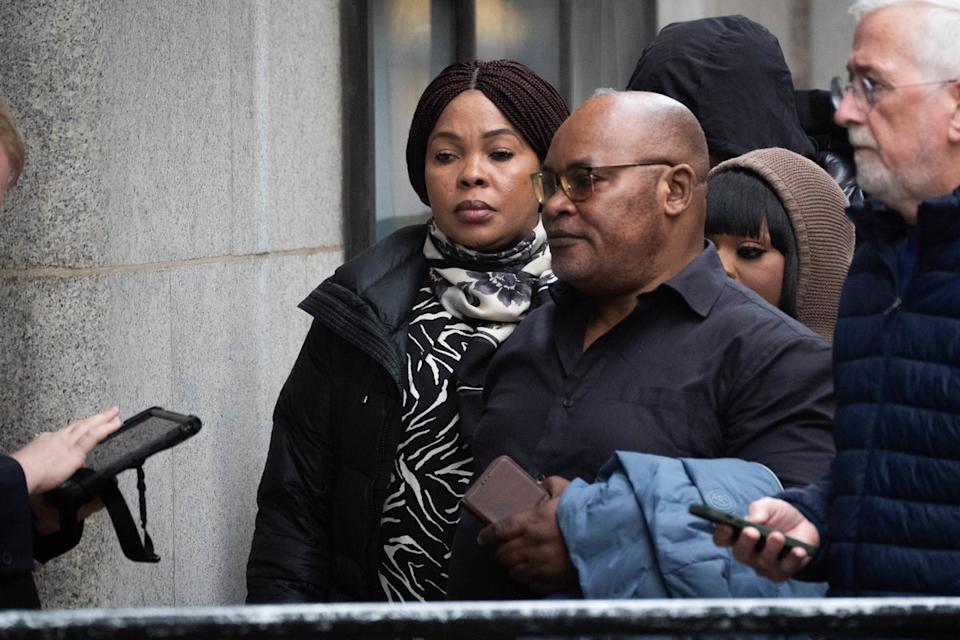
Table of Contents
Chris Kaba, a 24-year-old father-to-be, was shot dead by a Metropolitan Police officer in Streatham Hill, South London, in September 2022. The circumstances surrounding his death immediately sparked public outrage and calls for a thorough investigation. The BBC Panorama documentary delved into these circumstances, presenting a compelling narrative that challenged the official police account. The key players in this ongoing conflict are the BBC, responsible for the controversial Panorama program; the IOPC, the police watchdog that investigated the shooting and subsequently complained about the BBC's coverage; and Ofcom, the broadcasting regulator tasked with adjudicating the dispute. The central conflict revolves around the IOPC's formal complaint against the BBC Panorama program, a complaint now under Ofcom's investigation, raising critical questions about the standards of journalistic practice and the delicate balance between investigative reporting and the need for impartial coverage.
The BBC Panorama Investigation and its Findings
The BBC Panorama investigation into the Chris Kaba shooting presented a series of allegations challenging the Metropolitan Police's version of events. The documentary claimed that the pursuit of Kaba's vehicle was initiated on the basis of an automatic number plate recognition (ANPR) flag that indicated the vehicle was linked to a prior firearms incident – an incident that Kaba had apparently had no knowledge of. The program highlighted concerns about the tactics used during the pursuit, suggesting that the police’s actions were excessive and potentially unsafe.
The BBC Panorama presented evidence including:
- Eyewitness accounts: Testimonies from individuals who witnessed the events leading up to and including the shooting, many of whom described the police actions as aggressive and unnecessary.
- Analysis of police bodycam footage: The program presented a frame-by-frame analysis of the available footage, arguing that it contradicted the official police narrative and suggesting that Kaba was not posing an immediate threat.
- Expert testimonies: Legal and forensic experts contributed to the documentary, analyzing the police tactics and evidence presented, providing further support for the BBC's claims.
Specific examples of controversial actions highlighted by the documentary included the decision to pursue Kaba's vehicle, the use of tactical firearms, and the speed at which the vehicle was pursued. The program raised serious concerns about police training and protocols related to the use of lethal force. Keywords associated with this section include: Chris Kaba shooting, BBC Panorama investigation, police brutality, fatal shooting, IOPC investigation, police accountability, excessive force.
The IOPC's Complaint against the BBC Panorama
The IOPC lodged a formal complaint against the BBC Panorama program, arguing that certain aspects of the documentary were inaccurate and potentially prejudiced the ongoing investigation. The IOPC expressed concerns that the BBC's reporting risked compromising the fairness of its investigation and potentially influencing public perception of the case before its conclusion.
The IOPC's key points of contention included:
- Alleged inaccuracies in the presentation of evidence: The IOPC argued that the BBC Panorama selectively presented evidence and failed to provide a balanced account of the events.
- Concerns about the interpretation of bodycam footage: The IOPC disputed the BBC's interpretation of the police bodycam footage, claiming that the program presented a biased and misleading version of events.
- Claims of prejudicing the ongoing investigation: The IOPC voiced concerns that the BBC's reporting could undermine its ability to conduct a fair and impartial investigation.
These criticisms highlight the tension between the need for robust investigative journalism and the imperative to avoid prejudicing ongoing legal proceedings. The keywords associated with this section include: IOPC complaint, BBC Panorama, Ofcom, media regulation, police accountability, Chris Kaba, journalistic ethics.
Ofcom's Involvement and the Regulatory Process
Ofcom, the UK's broadcasting regulator, is now responsible for investigating the IOPC's complaint. Their role is to determine whether the BBC Panorama program breached Ofcom's broadcasting code, specifically regarding impartiality and accuracy. Ofcom’s investigation will likely involve a thorough review of the documentary, its production process, the evidence presented, and the IOPC’s criticisms. The process will likely involve gathering additional information and potentially interviewing individuals involved in the production and investigation.
Potential outcomes of Ofcom’s investigation could range from a finding of no breach to sanctions against the BBC, which could include fines or even a formal reprimand. Previous cases of similar nature demonstrate the wide range of potential outcomes and consequences for broadcasters found in breach of broadcasting standards. Keywords associated with this section: Ofcom investigation, broadcasting standards, media regulation, IOPC, BBC, Chris Kaba, impartiality, broadcasting code, media ethics.
Public Reaction and the Wider Implications
Public reaction to the BBC Panorama documentary and the IOPC's subsequent complaint has been intense and divided. Many have praised the documentary for highlighting important questions about police accountability and the use of lethal force, arguing that it served the public interest by holding authorities to account. Others have criticized the program for potentially compromising the IOPC's investigation and for presenting a biased account of events.
The dispute highlights wider implications for:
- Police accountability: The case underscores the ongoing struggle to achieve transparency and accountability within law enforcement.
- Media freedom: The IOPC's complaint raises concerns about the potential chilling effect on investigative journalism and the freedom of the press to scrutinize powerful institutions.
- Public trust: The case highlights the importance of maintaining public trust in both the police and the media.
The outcome of Ofcom’s investigation will have significant ramifications for the future of investigative journalism and police accountability in the UK. Keywords associated with this section: Public opinion, police accountability, media freedom, Chris Kaba, IOPC, BBC, Ofcom, public trust, media responsibility.
Conclusion: The Ongoing Debate Surrounding the BBC Panorama and Chris Kaba Case
The BBC Panorama investigation into the death of Chris Kaba, and the subsequent IOPC complaint, represent a significant clash between investigative journalism and the pursuit of justice. The BBC aimed to hold the police accountable for their actions, while the IOPC sought to protect the integrity of its own investigation. Ofcom's role is crucial in resolving this conflict and upholding broadcasting standards. The lasting impact of this case will be felt far beyond the immediate outcome of the Ofcom investigation, shaping public perceptions of police accountability, media responsibility, and the ongoing struggle for justice in cases of police-involved shootings. Stay updated on the Ofcom ruling and continue the conversation surrounding the BBC Panorama and Chris Kaba case. Share your thoughts and contribute to the debate on police accountability and media responsibility.

Featured Posts
-
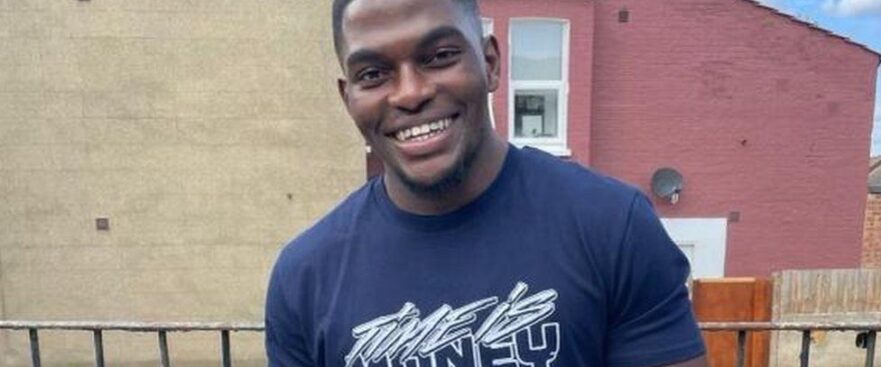 Panoramas Chris Kaba Episode Iopc Complaint To Ofcom Detailed
Apr 30, 2025
Panoramas Chris Kaba Episode Iopc Complaint To Ofcom Detailed
Apr 30, 2025 -
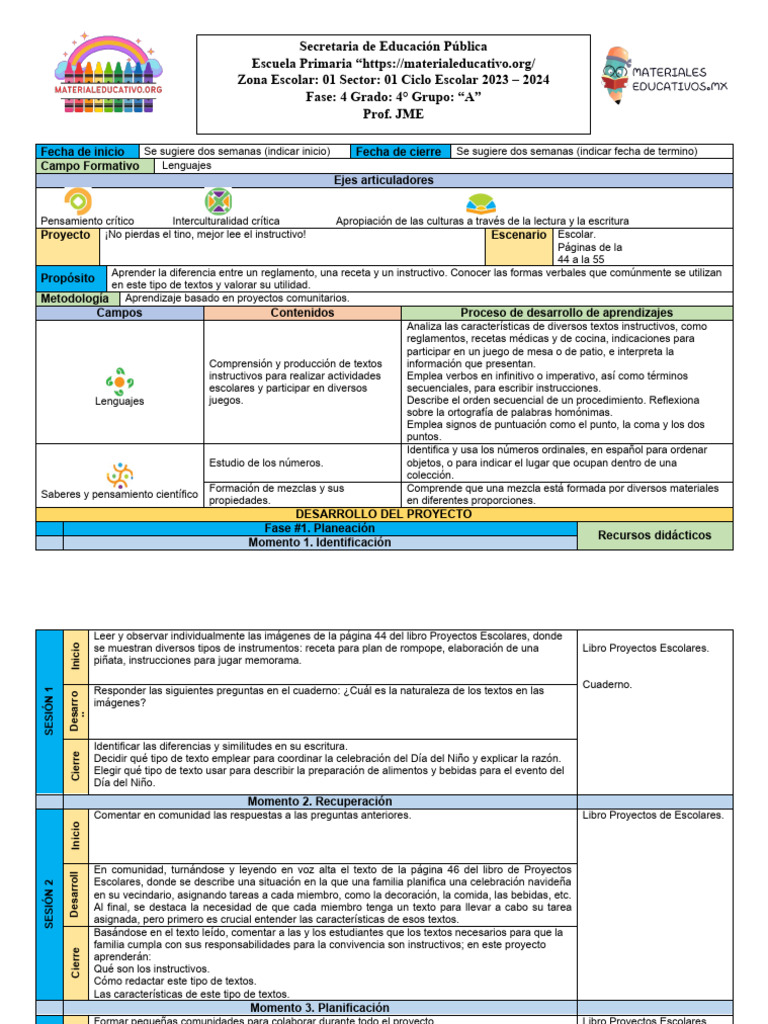 No Te Pierdas Clases De Boxeo Edomex Solo 3 Dias
Apr 30, 2025
No Te Pierdas Clases De Boxeo Edomex Solo 3 Dias
Apr 30, 2025 -
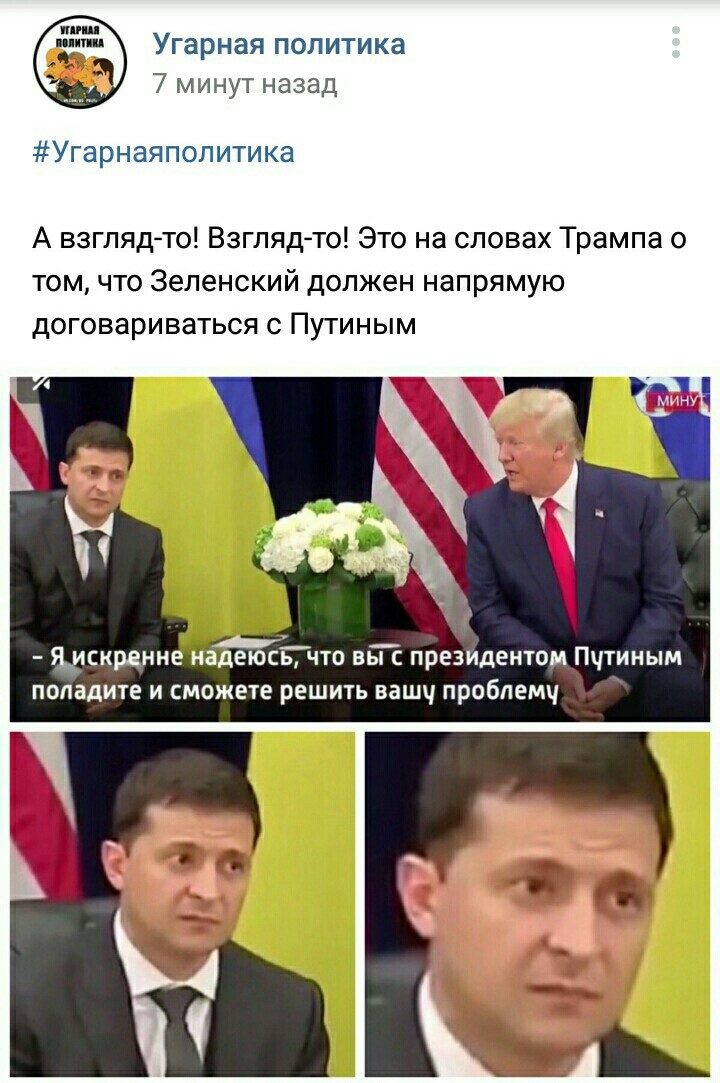 Pochemu Tramp Sidel Otdelno Ot Zelenskogo Razgadka Tayny Vstrechi
Apr 30, 2025
Pochemu Tramp Sidel Otdelno Ot Zelenskogo Razgadka Tayny Vstrechi
Apr 30, 2025 -
 Andhra Pradesh Schneider Electric And Vignan Universitys Center Of Excellence Opens
Apr 30, 2025
Andhra Pradesh Schneider Electric And Vignan Universitys Center Of Excellence Opens
Apr 30, 2025 -
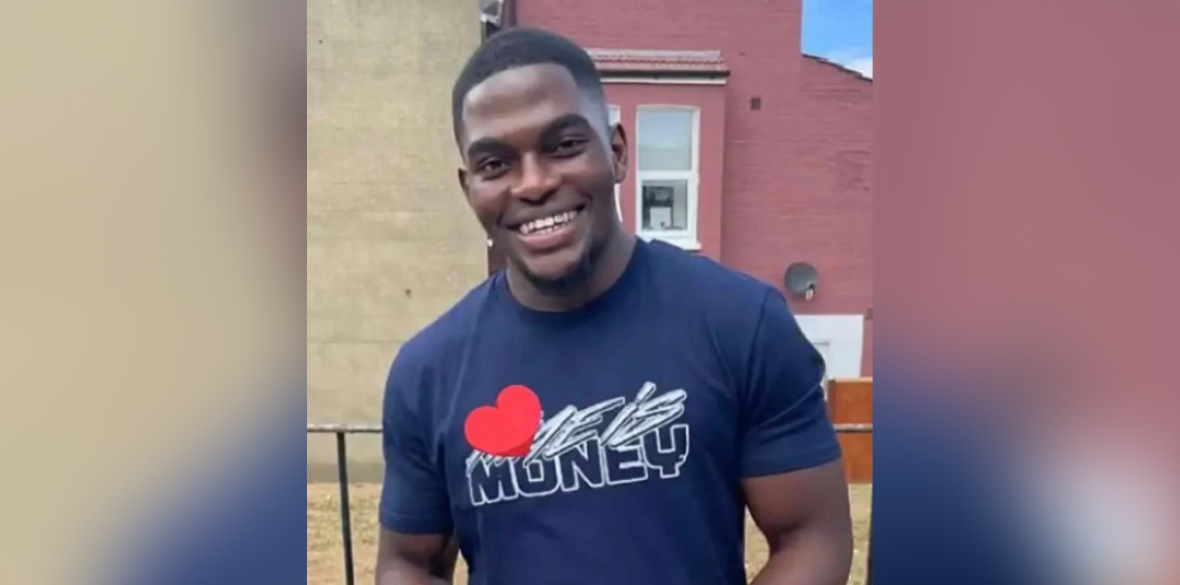 Police Watchdog Seeks Ofcom Investigation Into Chris Kaba Panorama Episode
Apr 30, 2025
Police Watchdog Seeks Ofcom Investigation Into Chris Kaba Panorama Episode
Apr 30, 2025
